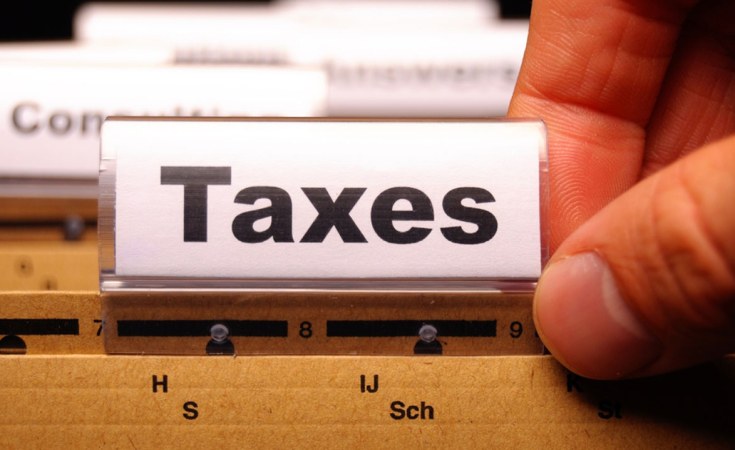Tax administrations have long suspected that tax evaders hide their wealth abroad in significant quantities. Now we have proof.
In 2021 alone, information on assets of nearly EUR 11 trillion held outside the taxpayers' place of residence was exchanged through the Standard for Automatic Exchange of Financial Account Information .
In the last ten years, tax administrations have collected over EUR 114 billion in tax, interest and penalties through voluntary disclosure programmes and other tax compliance initiatives.
Information exchanged on the Standard helps tax authorities track income so that it can be taxed and support domestic needs. It is therefore critical that African countries promote such cross border support in order to reduce tax evasion.
The Standard collects information on the financial account holders in a country and then shares the details (such as the name, address, taxpayer identification number, account information, and account balance) with the tax administration of the account holder's jurisdiction of residence. It also does this where the account holder is a company by "looking through" the natural person behind it (the "beneficial owner"). It is a powerful and comprehensive standard, with more than 110 jurisdictions involved.
More African countries will be implementing this Standard in the coming years. Ghana, Mauritius, Nigeria, South Africa, Seychelles, have already implemented the Standard while Kenya, Rwanda, Tunisia and Uganda are already making advanced preparations to do so. As a result, they will be able to receive this same kind of information – finding out precisely who, where and how much is being concealed abroad. This is a priority action for several members of the African Tax Administration Forum (ATAF).
However, knowing where the assets are is only a first step. The purpose of obtaining that knowledge is to collect tax owed to use the funds for public goods such as health care and education.
The challenge is that tax administrations do not have automatic rights to seize assets held abroad. Instead, the collection of tax and seizure of assets is governed by the domestic law where the assets are located. In other words, even when the assets are identified as belonging to a taxpayer that is a resident of one country if they are located abroad, they are still, legally, out of the reach of the tax authority.
International treaties provide for tax administrations to assist one another in addressing this issue. That includes bilateral Double Tax Conventions such as the ATAF Model Double Non-Taxation Agreement and the ATAF Agreement on Mutual Assistance in Tax Matters . It enables one tax administration to request the help of another to collect a tax debt owed, as well as interest and penalties, subject to the treaty's terms. However, those treaties generally require that the tax administration where the assets are located use its procedures and powers to collect and enforce the tax as if it was its own tax debt.
This can be a very powerful tool in tackling tax evasion, not only to recover the debts owed but also to deter future efforts at evasion. Recognising its potential, tax administrations in developing countries, particularly, are expressing more interest in this avenue of international tax cooperation.
However, making these requests for assistance can be unfamiliar and require specific legalities. ATAF, working with the Global Forum on Tax Transparency and Exchange of Information for Tax Purposes, is ramping up efforts to equip its members to use the relevant procedures. Later this month (MARCH), we will host tax authorities in Kampala, Uganda, at the first regional workshop to ensure the potential offered by cross-border recovery can become a greater reality. It will cover the legal and practical elements of successfully engaging in cross-border tax collection and asset recovery assistance.
This area will grow in importance over the coming years, and ATAF is working with partners to ensure we are ready to support such initiatives. These efforts combine wider efforts at asset recovery, for example, in the context of the UN Convention Against Corruption or the work of the Stolen Asset Recovery Initiative of the World Bank and the UN Office on Drugs and Crime (UNODC).
Moreover, these efforts are powerful tools for improving revenue collection and building stronger state institutions, as explicitly included in the Sustainable Development Goals . And they are key to tackling illicit financial flows – which remains an urgent priority for all, especially Africa.
African countries will be deprived of much needed resources as long as we struggle to collect all taxes due to them. It is critical that we build local tax authority capacity and work together to support domestic income generation.
Thulani Shongwe is Manager: International Tax, Policy & Administration and Melissa de Jong is Senior Specialist: International Tax at the African Tax Administration Forum (ATAF). Tax authorities interested in more information contact emurenzi@ataftax.org .


